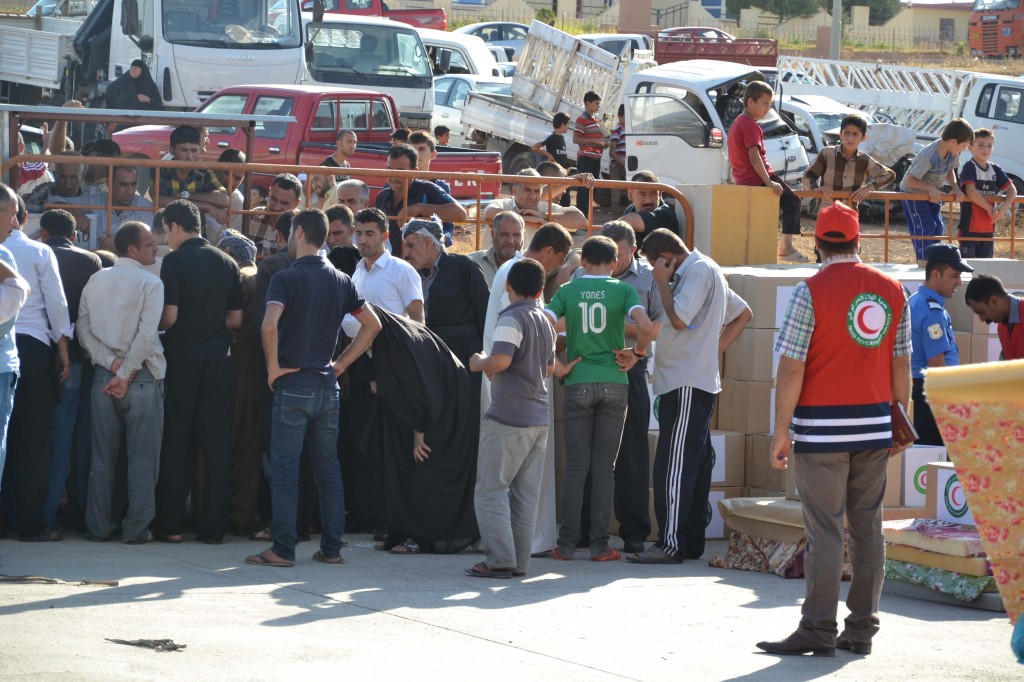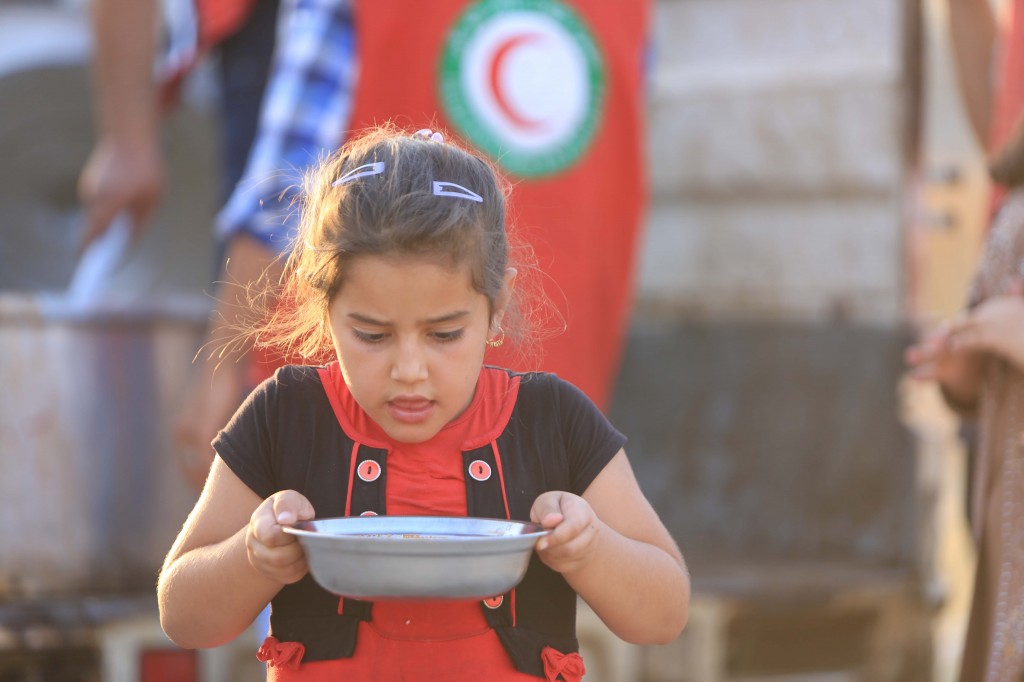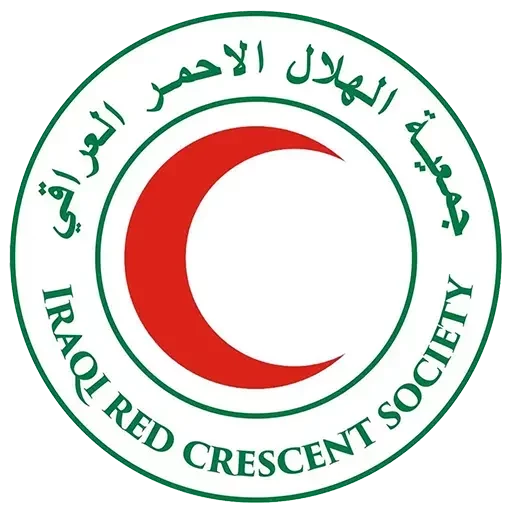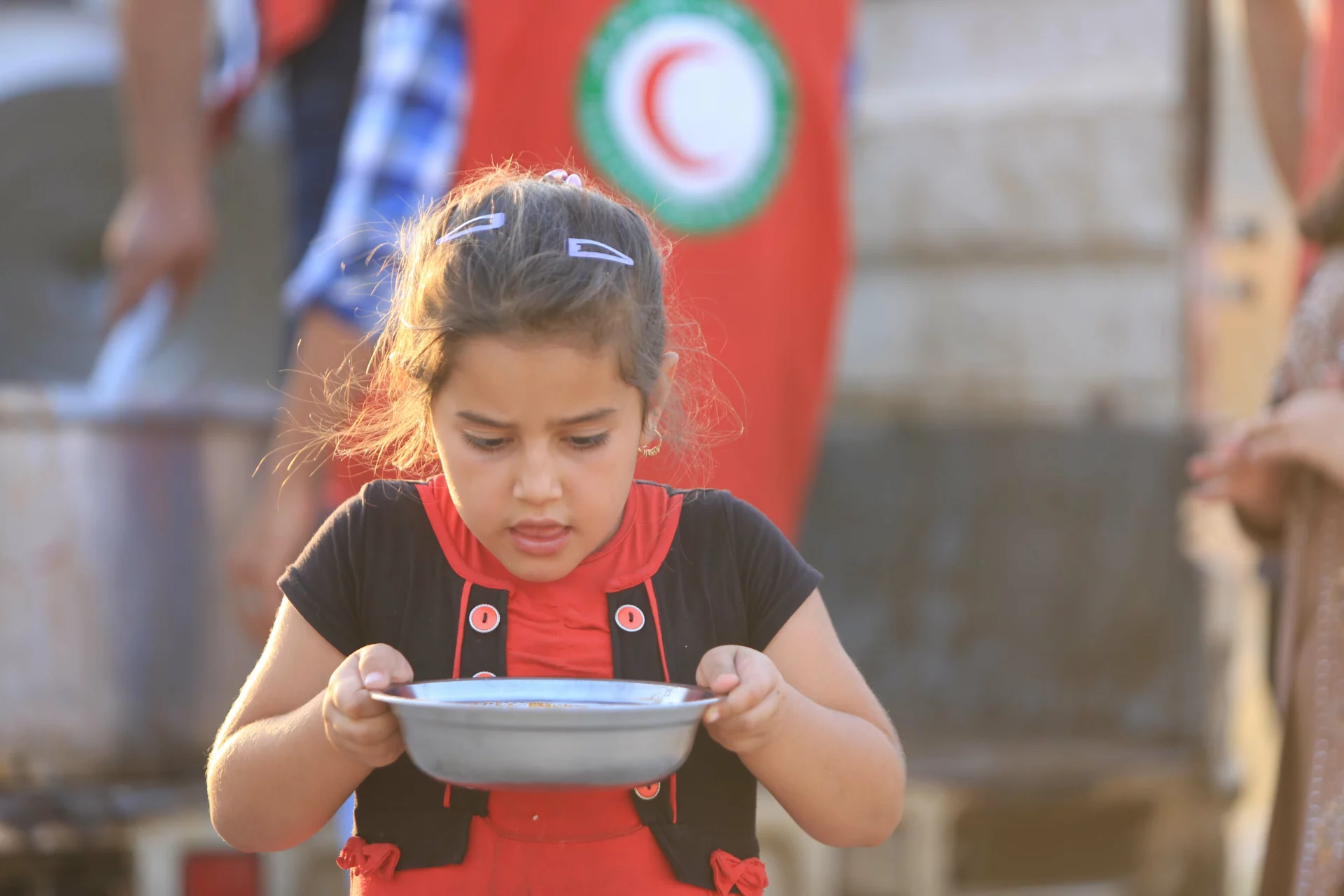Victims of Mosul after a year of crisis a humanitarian suffering and increasing needs
Baghdad/Mohammed Al-khuzai
A year after the humanitarian crisis that was caused by the events of Mosul on the 10th of June 2014, hundreds of thousands affected families still facing many humanitarian challenges at various levels. Since the beginning of the crisis in 2014, a total of (15538) person has been killed out of which (12588) were civilians while the injured were about (22620) people and more than (369063)) displaced families distributed in all over Iraqi governorates including about (24756)) living in camps and other (117280) public places as welll living with their relatives.
More than five major cities in the governorate of Nineveh has become completely empty of the population since the migration is still on-going, there have been no return of families that were originally displaced from (Tal Afar, Sinjar, Bartelah, Hamdania, Nineveh’s plain and Mosul’s center).
During that events, hundreds of thousands of Mosuls’s people lost their property and livelihood, that caused a decline in the standard of living and led to increase poverty. And as a result of the gatherings of displaced people that arriving from Mosul in some cities it has become difficult to obtain new opportunities of employment. In this regard Abu Hassan who is one of displaced people from Tal Afar to Holy Karbala said that “I am an engineer and my wife is a teacher, I have three children, we have a house and our jobs we been saving surplus of our needs per month, and we lived in a good economic life but since the displacement and till now we are looking for opportunities to get job in the city but to no avail of getting jobs”.
The Iraqi government has taken decisions to reduce the poverty level, this include providing access to salaries for the displaced people in the cities that they are displaced in, and also allocated grants for the displaced familes. However, this procedure includes only contractors and workers in the State institutions and it does not cover workers in the private sector like farmers, workers and others, in this regard Abu Arief who was working in cars repair shop in Mosul said that “the grant of the State which we have obtained was only for one month, and now we have to look for work because we rely just on the humanitarian assistance which diminish during influx of number of displaced people from Anbar”.

Adding to what is mentioned above, many students are forced to leave their studying due to the decline in living conditions and the challenges experienced by the displaced people. Reports indicates that humanitarian crisis in Iraq caused to non-attendance of about (650,000) of school children to complete their education. While within one year the number of people who need help increased to 40%.
Dr. Yassin al-Mamouri-the president of the Iraqi Red Crescent Society said that “the humanitarian situation became more difficult as the economy situation of displaced people got worse, adding to their crisis and as well as increasing their numbers. Throughout the year the Iraqi Red Crescent’s volunteers did their best and made an extraordinary efforts to support the victims of Mosul”.
Due to the security situation, there was a diminish access to health care and treatment for patients, elderly, disabled and those with special needs, and according to the estimates, that the number of women who have been subjected to slavery, physical violence, rape and trafficking were about (5000) woman, most of them from the minority of Yazidi in the city of Sinjar, and some of other small towns. Iraqi Red Crescent seeks to adopt a special program designed to support them psychosocially and try to integrate them into the community, and to face the complex social norms. One woman who declined to give her name said “I could not get out of my house when the violence occurred in Sinjar, and my husband was killed in front of me. I was raped several times and sold for $ 75 for one person, and then to another one who voluntarily buy women in order to set them free. Now, I can not face the community, because I brought shame to myself and my family”.
While there is thousands of children who are in a real need of food, health, and education. Over the last year, Iraqi Red Crescent Society are working as first responder to cover the emergency needs of the displaced, it was able to provide relief to more than (344 644) family and provided health services for (265 022) displaced people and also worked in Restoring Family Links for hundreds of cases that including (73) foreigners who are working in hospitals of Fallujah and Salahuddin that were evacuated to out of Iraq despite the ferocity of battles.
The National Society is seeking to increase the present assistance and also to expand its relief and health programs, but the most important challenges which is facing is that depletion of stocks and scarcity of funding, while in the past year the Partners National Society of the International Movement of the Red Cross and Red Crescent Societies contributed in active ways in the operations of emergency response, and to try to contain the crisis again.
Dr. Yassin al-Mamouri the president of the Iraqi Red Crescent said in a message to the partners “On the behalf of the Iraqi Red Crescent’s Volunteers, would like to thank all National Societies, the International Federation of Red Cross and Red Crescent Societies and all the Partners who contributed in supporting the relief efforts of the Iraqi Red Crescent and we call them to redouble their efforts to help the displaced and put their main goals to service before all the other goals”
Farid Abdulkadir- The Country representative of the International Federation of Red Cross and Red Crescent in Iraq said “the Federation appreciate and commends the role of Iraqi Red Crescent in delivering assistance to a large number of displaced people in a rapid and efficient response and was able to distributed hot meals and water to thousands of displaced in time that the need help the most. The International Federation appreciate the support of Partner National Societies for the support to Iraqi Red Crescent., He emphasized the need to strengthen activities in the field of health, and livehood, as Iraqi Red Crescent is preparing for”
Inside Mosul, Iraqi Red Crescent is still the only humanitarian organization that are working in the city and over the past year it was able to provide relief to about (18,000) families displaced by the fighting in the outskirts areas of the province to its center, while the prosthetic limbs center of the Iraqi Red Crescent is working within the city to help the disabled, as it helped over the past year about 300 disabled

